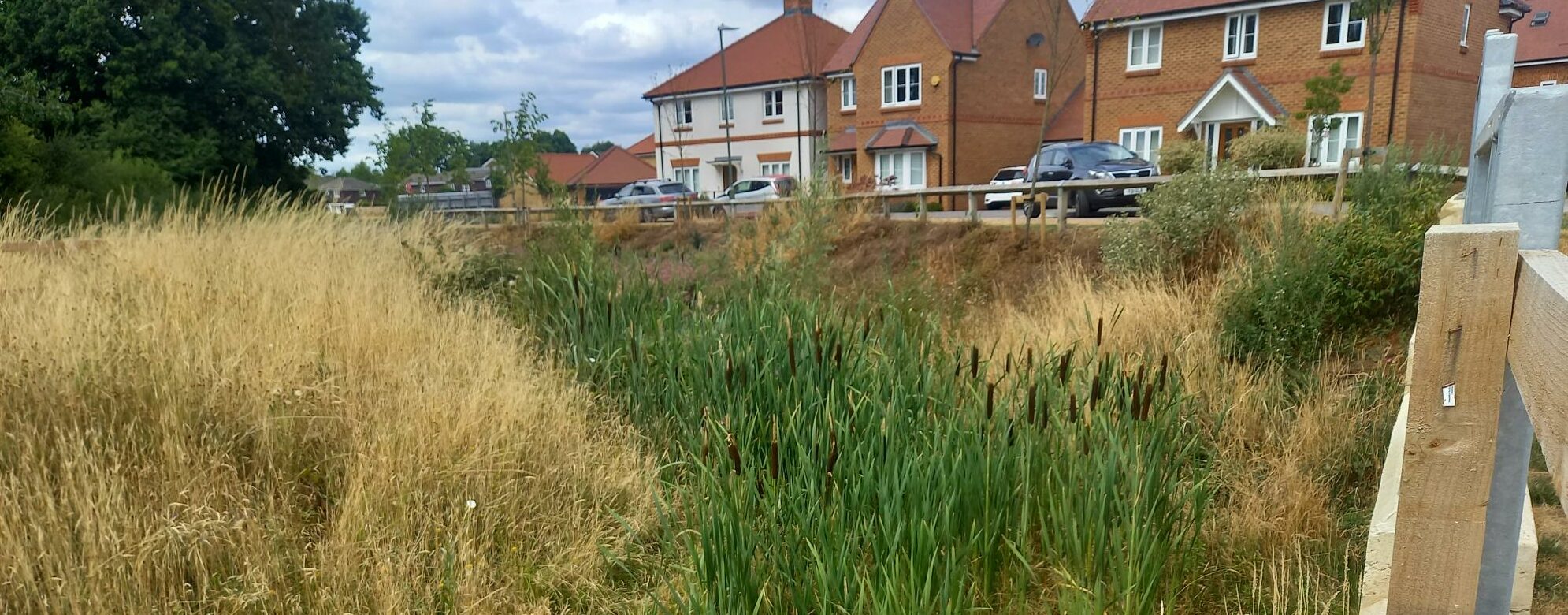In 2021 Dr Sarah Payne and Professor Scott Arthur won funding for an ESRC Interdisciplinary Steers 3+1 PhD Studentship from the Scottish Graduate School of Social Sciences for the following project:
Building in soundscape resilience via flood resilience to create healthier residential environments

This project extends the original Project DeStress ideas by taking the soundscapes and psychological restoration focus into a residential setting. The succesful PhD candidate, Jivantika Satyarthi, an architect and city planner, is now conducting her PhD at Heriot-Watt University, after having completed her MRes in Urban Research at the University of Glasgow. She is now externally supervised by Dr Sarah Payne (University of Surrey), in addition to Professor Scott Arthur and Dr Caroline Brown (Heriot-Watt University).
Funded PhD abstract: Although noise pollution from transportation is the second largest environmental cause of health problems in Western Europe it remains poorly mitigated against in residential developments. Furthermore, a positive soundscape (perceived acoustic environment) approach to urban design is rarely considered. In contrast, sustainable drainage systems (SuDS) are required within all new residential developments in Scotland, but their potential for affecting soundscapes has not been fully explored or detailed. Yet, depending on the SuDS design, the type of planting, paving, water flow movements, and attractiveness to wildlife will all influence the acoustic environment, including in positive sound-enhancing ways. Through integrating the two planning issues of sound and water management, (involving engineering, environment, human geography, and psychological perspectives), healthier, cognitively restorative, residential environments could be created. Therefore, this PhD explores how SuDS can be utilised or improved to reduce noise pollution and how salutogenic (health promoting) soundscapes can be created by SuDS. In particular, the project will examine the specific SuDS design features that produce salutogenic soundscapes, exploring questions such as: which SuDS planting mechanisms attract the most desirable audible wildlife sounds? Which SuDS designs create a water feature that produces a relaxing sound? Initially, interviews will be conducted with stakeholders on current practice and feasibility of various SuDS’ soundscapes in real-world settings. Subsequent sourcing and recording of binaural acoustic stimuli from SuDS in-situ will occur and where necessary, miniature versions of soundscape SuDS designed and created for diverse acoustic stimuli. Utilising the acoustic stimuli and design visualisation software, the PhD student will create and present simulated virtual residential environments with SuDS to participants in laboratories and online for cognitive, affective, and physiological evaluations. Opportunities to design and assess a real-world SuDS soundscape intervention in a residential development will be explored, alongside stakeholder focus groups to discuss and disseminate project findings
